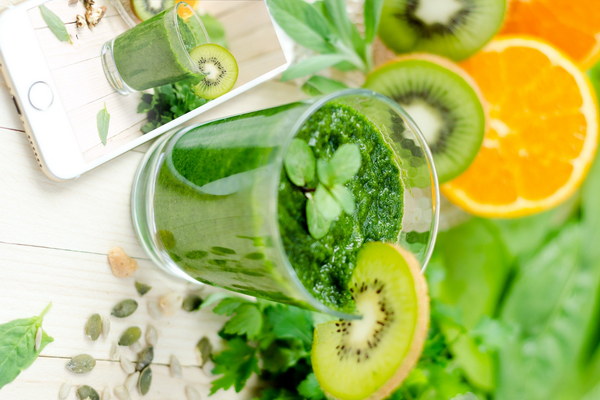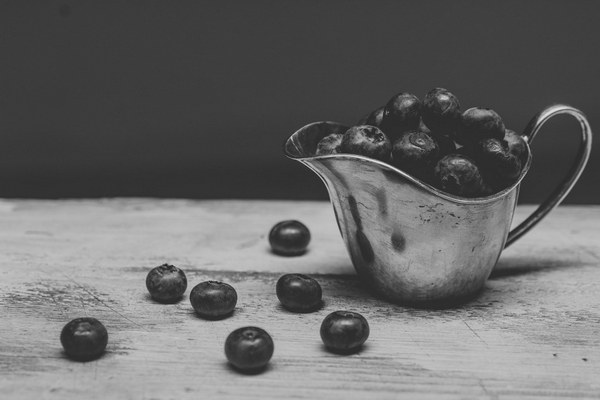Top Foods for Lung Nourishment and Moisture A Guide to Lung Health
Lung health is crucial for overall well-being, and one of the best ways to maintain it is through diet. Consuming the right foods can provide moisture and nourishment to your lungs, helping to keep them healthy and functioning optimally. Here is a guide to the best foods for lung nourishment and moisture:

1. Ginger: This root is known for its anti-inflammatory properties and can help reduce lung inflammation. It can be consumed in various forms, such as ginger tea or added to soups and stews.
2. Onions: Onions contain sulfur compounds that have been found to improve lung function. They can be added to salads, stir-fries, or used as a side dish.
3. Garlic: Garlic has natural antibacterial and antiviral properties that can help fight respiratory infections. It can be added to sauces, dressings, or eaten raw.
4. Turmeric: This spice contains curcumin, which has been shown to reduce inflammation in the lungs. It can be added to curries, smoothies, or even in golden milk.
5. Green Leafy Vegetables: Vegetables such as spinach, kale, and Swiss chard are high in antioxidants and can help reduce oxidative stress on the lungs. They can be consumed in salads, smoothies, or steamed.
6. Avocado: Avocado is a great source of healthy fats and can help reduce inflammation in the body. It can be added to salads, sandwiches, or smoothies.
7. Pumpkin: Pumpkins are high in vitamin A and beta-carotene, which can help improve lung function and reduce the risk of respiratory infections. They can be consumed as a soup, baked, or in smoothies.
8. Mushrooms: Certain mushrooms, like reishi and shiitake, have been found to have lung health benefits. They can be added to soups, stir-fries, or used in tea.
9. Almonds: Almonds are rich in vitamin E and selenium, which can help reduce lung inflammation and protect against respiratory infections. They can be consumed as a snack or added to salads and smoothies.
10. Cranberries: Cranberries contain antioxidants that can help reduce lung inflammation and protect against respiratory infections. They can be consumed as juice, dried, or in smoothies.
To incorporate these lung-nourishing foods into your diet, consider the following tips:
- Diversify Your Diet: Include a variety of these foods in your meals to ensure you're getting a wide range of nutrients.
- Stay Hydrated: Drink plenty of water to help keep your lungs moist and improve lung function.
- Prepare Foods Wisely: Use healthy cooking methods such as steaming, sautéing, or grilling to retain the nutrients in your food.
- Limit Processed Foods: Processed foods can increase inflammation and hinder lung health, so try to minimize their intake.
By incorporating these lung-nourishing foods into your diet, you can help keep your lungs healthy and reduce the risk of respiratory issues. Remember, maintaining lung health is an ongoing process, and a balanced diet is just one aspect of a healthy lifestyle.









